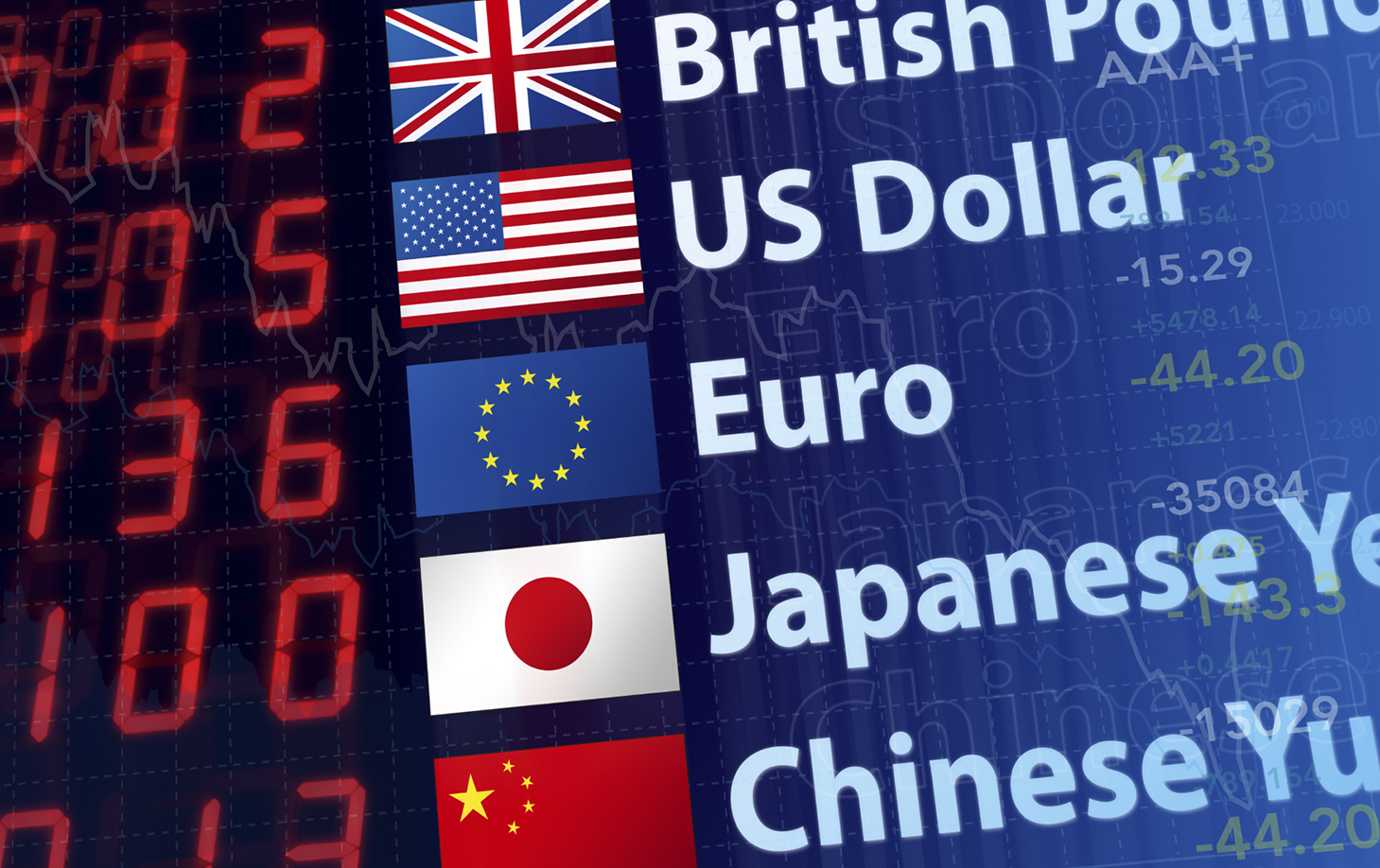Forex: post-Brexit opportunities

The markets have been all over the place since the Brexit vote. However, this rases opportunities on the currency market, even in a context of high volatility. We could observe a US dollar acting as a safe haven in the wake of the vote, and still resilient during the rising markets that followed.
The US Dollar: The New Safe Haven?
The inaction by the Fed in the first half of the year has put pressure on the greenback, but it is one of the big winners of the Brexit. Indeed, the US economy relies primarily on its domestic consumption and is much less affected, prompting investors to take refuge there.
The market does not anticipate an increase in rate before 2017 by the Fed, and to restart a QE from there would be a giant step. The strength of the dollar has never been a major concern for the Fed, considering that exports represent only a thin portion of its GDP (13% of GDP). In contrast, we can expect further actions by the ECB, the Bank of the Japan, and the Bank of England. This emphasizes once again the divergence of monetary policies with the Fed.
The Pound: Southern Cape
The negotiations between the United Kingdom and the EU are expected to be long and laborious. The context of political instability and the ambiguity on the future of the City should curb investments, employment and growth in the United Kingdom. The first indications of sentiment since the Brexit already show a net decline with the PMI services under the contraction zone of 50, for the first time since 2013.
The Central Bank still has room for manoeuvre to reduce the interest rate (currently at 0.5%) and will not hesitate use it. The pound should remain under pressure in the coming months, but watch out for the "short squeeze"; the market being unilaterally on the short side, the slightest bit of good news can trigger margin calls forcing sellers to close out their positions. Rebounds would offer selling opportunities, particularly on the GBP/USD pair.
The Franc and The Euro: "Dirty" Safe Haven.
Many people (myself included) expected the franc, traditionally a safe haven, to take off in the event of a Brexit. Surprisingly, the impact on the EUR/CHF has been contained, and the franc has even weakened against the US dollar. The SNB has proved, against all odds, that it still has the means to control the rise of the franc. On the other hand, it will take some time before we see the Swiss currency depreciate any further, due to the low risk appetite .
The euro has also appreciated following the vote, particularly against the pound; yet the euro zone is directly affected by the Brexit. The period of political instability and the risk of contagion should put pressure on the common currency in the coming months. On the other hand, the unwinding of euro financed carry trades would support the euro in case of a rise in volatility. In addition, the actions of the ECB are likely to remain vain, while rates are already low and the bond yield curve is flat. The horizon is rather mixed for the franc and the euro.
The Yen: The Weakness of the Bank of Japan
The Yen is the currency of the G10 that performed the best in 2016 with the Bank of Japan, who seems breathless. There are rumors around on the use of "helicopter money”. Governor Kuroda has by contrast denied this option. The yen pledges to be volatile. In the event of recourse to "helicopter money" or such measure (wide tax plan financed directly or indirectly by the Bank of Japan), the yen could weaken in the short term. Nevertheless, over the long-term the yen should continue its rise. The Bank of Japan has limited means while it holds 1/3 of Japanese government bonds and rates are at their lowest. The yen also offers a hedge in case of falling stock markets.

